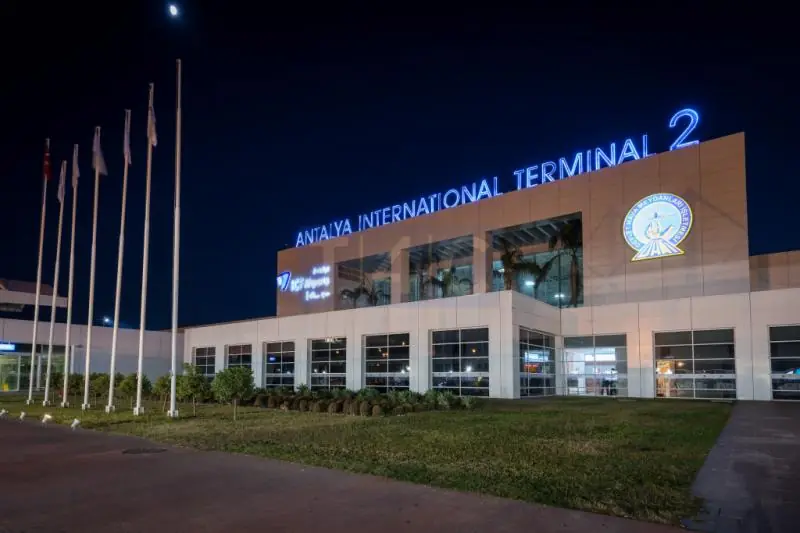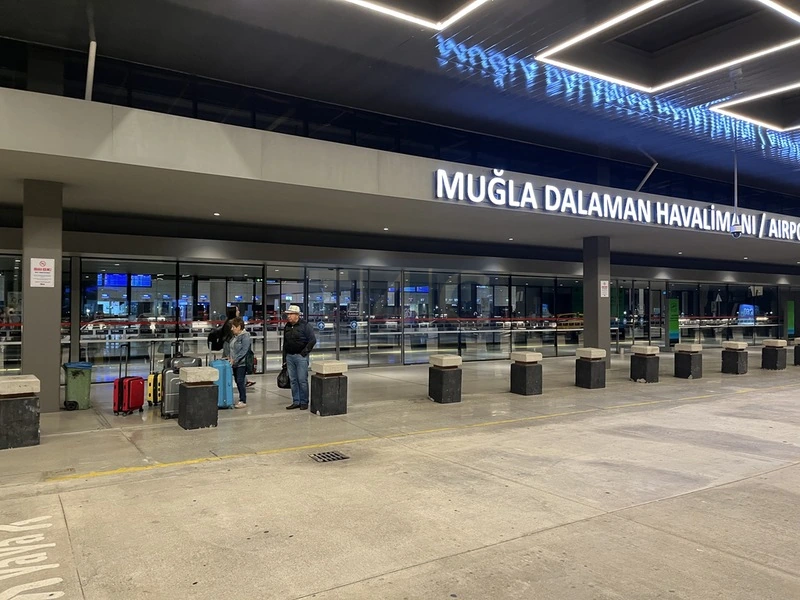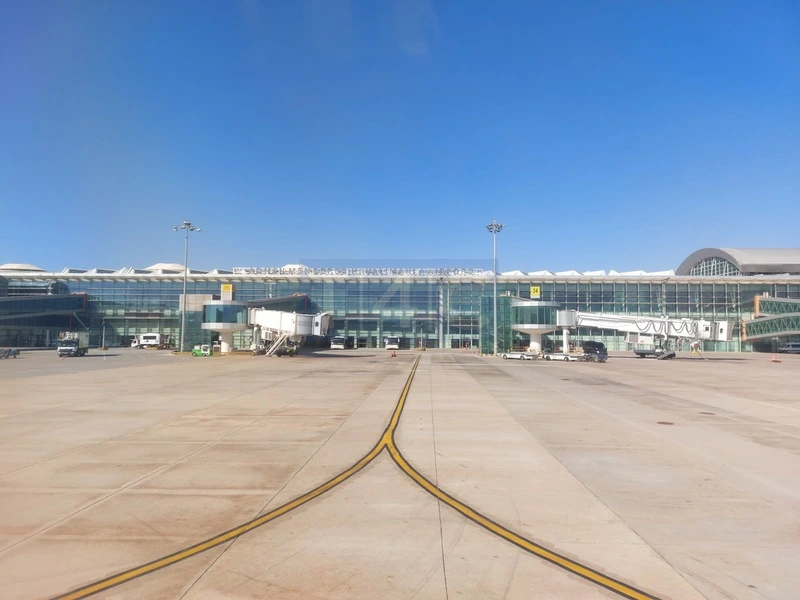Understanding the Turkish Calendar: Important Dates for Travelers
Understanding the Turkish Calendar is essential for travelers looking to immerse themselves in the rich cultural tapestry of Turkey. The Turkish calendar, influenced by both the Gregorian calendar and Islamic traditions, marks various important dates that can enhance your travel experience. Key dates include national holidays, religious observances, and local festivals that showcase the vibrant customs and traditions of the country. By planning your trip around these dates, you can witness local celebrations, enjoy traditional foods, and participate in unique cultural experiences. This blog aims to guide travelers through the significant dates to consider when visiting Turkey, ensuring a more enriching journey.
Turkey’s calendar is a blend of secular and religious observances that reflect its diverse heritage. One of the most significant national holidays is Republic Day, celebrated on October 29, commemorating the establishment of the Republic of Turkey in 1923. This day is marked by parades, fireworks, and various festivities across the country. Another important date is National Sovereignty and Children's Day on April 23, which honors the Turkish Grand National Assembly's opening and celebrates children with various activities and events.
In addition to these national holidays, travelers should also be aware of key Islamic holidays. Ramadan, a month of fasting, varies each year based on the lunar calendar. The end of Ramadan is celebrated with Eid al-Fitr, a joyful festival marked by feasting and gatherings. Similarly, Eid al-Adha, or the Feast of Sacrifice, is another significant holiday that involves family gatherings and community service. These religious periods can offer unique insights into Turkish culture, as many locals engage in traditional practices during these times.
Local festivals are a fantastic way to experience Turkey's rich heritage. For example, the Istanbul Film Festival in April attracts cinephiles from around the world, showcasing both Turkish and international films. The Izmir International Fair, held every August, is another highlight, featuring cultural exhibitions, concerts, and local cuisine. Attending these events allows travelers to engage with locals and gain a deeper understanding of Turkey's cultural landscape.
Travelers should also consider regional holidays and festivals, which can differ significantly across Turkey’s diverse regions. For instance, the Cappadocia Balloon Festival celebrates the region's stunning landscapes and is a visual feast for visitors. In the coastal areas, the Bodrum Summer Festival showcases music, arts, and local crafts, attracting both locals and tourists alike.
Understanding the Turkish calendar and its important dates can greatly enhance your travel experience. By aligning your visit with these cultural and religious observances, you can participate in celebrations, explore local traditions, and create lasting memories. Whether it’s enjoying the vibrant colors of a festival or experiencing the quiet reverence of religious observances, Turkey offers a wealth of experiences that reflect its rich history and culture. Plan your trip wisely, and immerse yourself in the beauty of Turkey's calendar!















